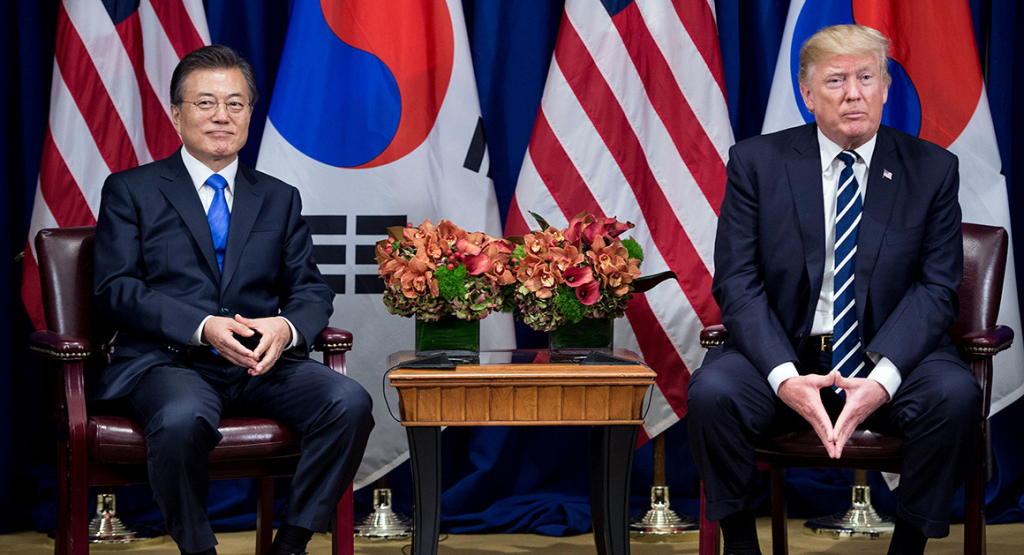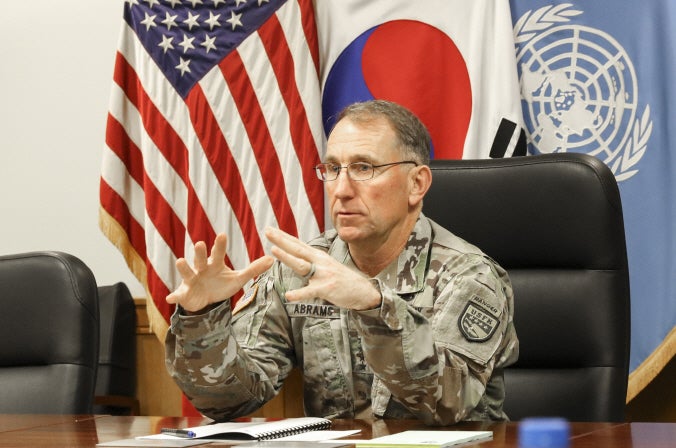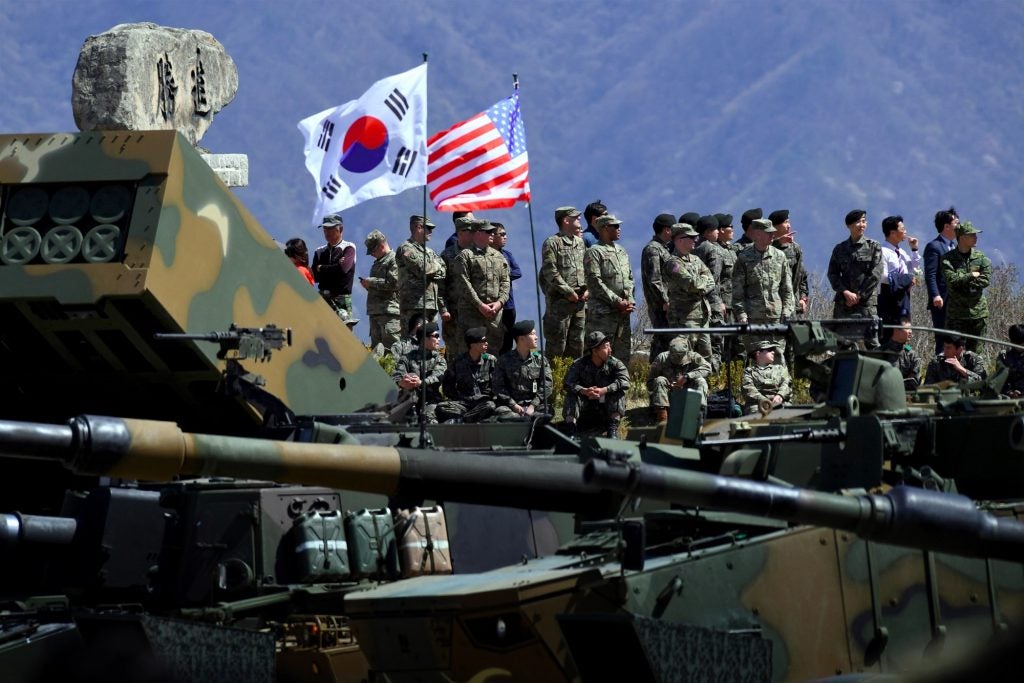South Korea and US Reach Cost-Sharing Agreement, Conduct Annual Exercises
Following a multi-year feud with the Trump administration over cost-sharing, South Korea has reached a deal with the Biden administration which will see the country increase its financial support for the local American troop presence by around 14%. Around 28,500 Americans are currently deployed to the country, who alongside the approximately 50,000 deployed to Japan. These forces constitute the most direct American hard power counter to North Korean and Chinese ambitions in the region. Before this agreement, funding for the US deployment to Korea was agreed through a 1-year stopgap measure which required the South Korean government to pay around $910 million.

Meanwhile, the US and ROK are in the midst of conducting an annual 9-day military drill. The exercise began on Monday and has been scaled back due to the ongoing Covid-19 pandemic. It is being conducted through simulations, rather than field training. Unexpectedly, North Korea has so far refrained from criticizing these exercises as rehearsals for an invasion of the north as it does almost every year.
The exercise is reported to include preparations for a full operational capability test which is a prerequisite for transferring wartime operational control on the peninsula from the US to the ROK. Achieving this has long been a Korean goal and a key focus of the Moon administration. Nevertheless, whether the Korea president will be able to achieve this before his term ends in 2022 is an open question.

Besides these two developments, more information has recently been made available as to plans for upgrading American missile defense on the peninsula. On Wednesday, General Abrams (the commander of US Forces Korea [USFK]) spoke of a plan to “building three specific capabilities” by the end of this year. During a press conference the following day, the Korean ministry of defense dodged questions related to Abram’s statement. Finally on Friday, a USFK spokesperson clarified that Abram’s plan does not include the deployment of any new units or systems and that it was referring to preparedness in areas such as operation security.

